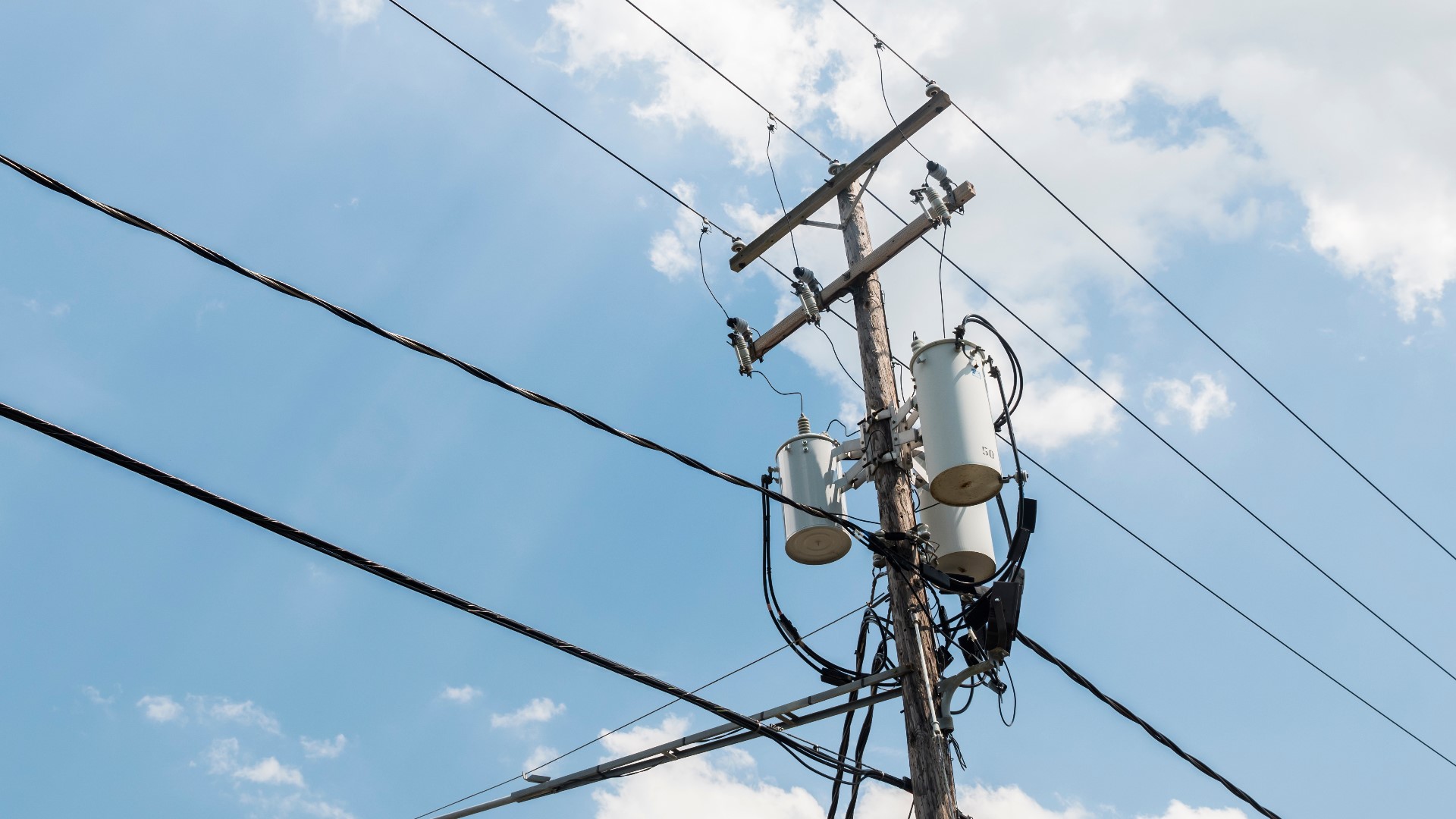PORTLAND, Ore. — With strong winds and extreme fire danger throughout the Willamette Valley, fire officials are urging people to plan ahead for public safety power shutoffs and the possibility of wildfires.
Utility companies Pacific Power and Portland General Electric started shutting off power to thousands of customers in western Oregon on Friday to prevent their equipment from potentially sparking wildfires. The shutoffs are expected to continue at least through Saturday.
KGW chief meteorologist Matt Zaffino said with the wind this weekend, there's also the possibility of unplanned power outages.
Making a plan for either scenario is important. That's why the Multnomah County Sheriff's Office shared some tips to stay prepared in the coming days.
In the event of a power outage, sheriff's office officials recommend putting together an outage kit with the following items:
- Battery-operated light
- Emergency medical supplies
- Food & water for up to 72 hours
- Equipment/assistive devices, if needed, that include personal contact information
- Ice packs and an ice chest for medications
- Fresh batteries
The whole reason for the planned shutoffs is the possibility of fast-spreading wildfires. And while no one wants to see that scenario, especially after the tragic wildfire season of September 2020, it's important to be ready for the worst.
The state of Oregon's official website has a list of things to know, along with various resources, to prepare for a wildfire coming your way.
Be informed.
You can sign up for local emergency alerts by visiting your county's emergency management website. It's also a good idea to check up on emergency services via social media, have a battery-powered radio and talk to neighbors about emergency plans, swap contact information and and ask for help if you need it or offer help if you can.
Have a plan
Following the state's evacuation check list is a good start. Then identify evacuation routes from your home, work or school and establish a family communication plan to figure out a meeting place outside the area and how you'll contact each other if separated. Communicate the plan with your household, loved ones, friends and neighbors. You should also make a plan for pets and large animals such as horses and other livestock. Practice elements of the plan so you’ll be ready when disaster strikes.
Make an emergency go-kit
Put together a kit of essential supplies for your health, safety and identification in case you need to evacuate. Pack them into an easy-to-carry backpack or bag for each member of the family. Remember the six P's:
- People and pets (food, water, hygiene, sanitation, clothing and comfort items).
- Prescriptions (medications, eyeglasses and medical devices).
- Phones, personal computers, hard drives or disks, and chargers.
- “Plastic” (ATM debit and credit cards) and cash.
- Papers and important documents (photo identification, birth certificates, social security cards, passports, visas, insurance policy, mortgage deed or rental agreement, medical records, banking or financial records).
- Pictures and other irreplaceable memorabilia.
You can visit Ready.gov or American Red Cross for more recommended emergency kit items.
Prepare children and teens
It's a good idea to talk to your kids about how to prepare for a wildfire. Communicate evacuation plans and involve them in preparing their own emergency go-kit. Practice your emergency plan with the whole family so they will know what to do if disaster strikes.
Seniors and people with disabilities
If you have a disability, consider individual circumstances and specific needs when planning for a wildfire. Decide what you'll need, who you'll contact — especially if you'll need help evacuating. Create a support network of people who can help during an emergency.
Pets and animals
Figure out how you're going to evacuate pets and large animals. Put together a pet evacuation kit in a tote bag or pet crate. Pack food, water, leashes, bedding, identification, medication and vaccination or medical records. Plan for transportation of large animals and identify safe shelter options.
Visit Oregon Department of Agriculture for shelter options and other resources.
Be Ready. Be Set. Go!
Oregon follows a three-level evacuation notification system for wildfires. Familiarize yourself with the evacuation levels and what they mean. Don't wait to evacuate if you feel unsafe.
For more information, you can visit the Oregon Wildfire Response & Recovery webpage.

